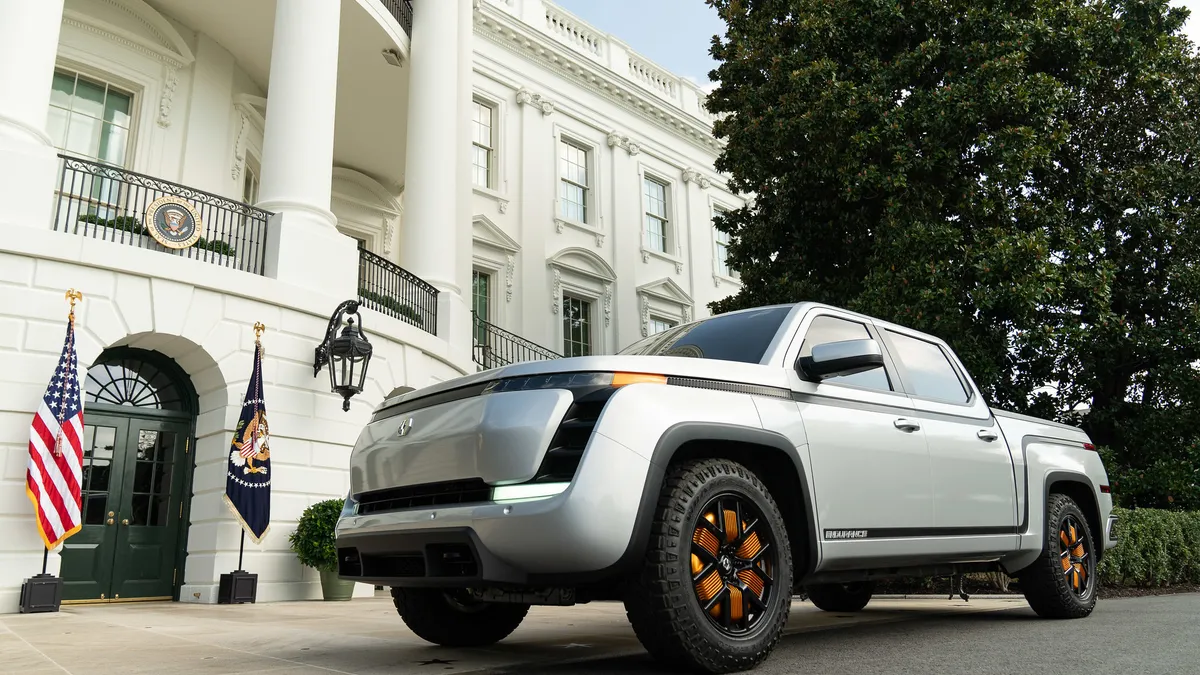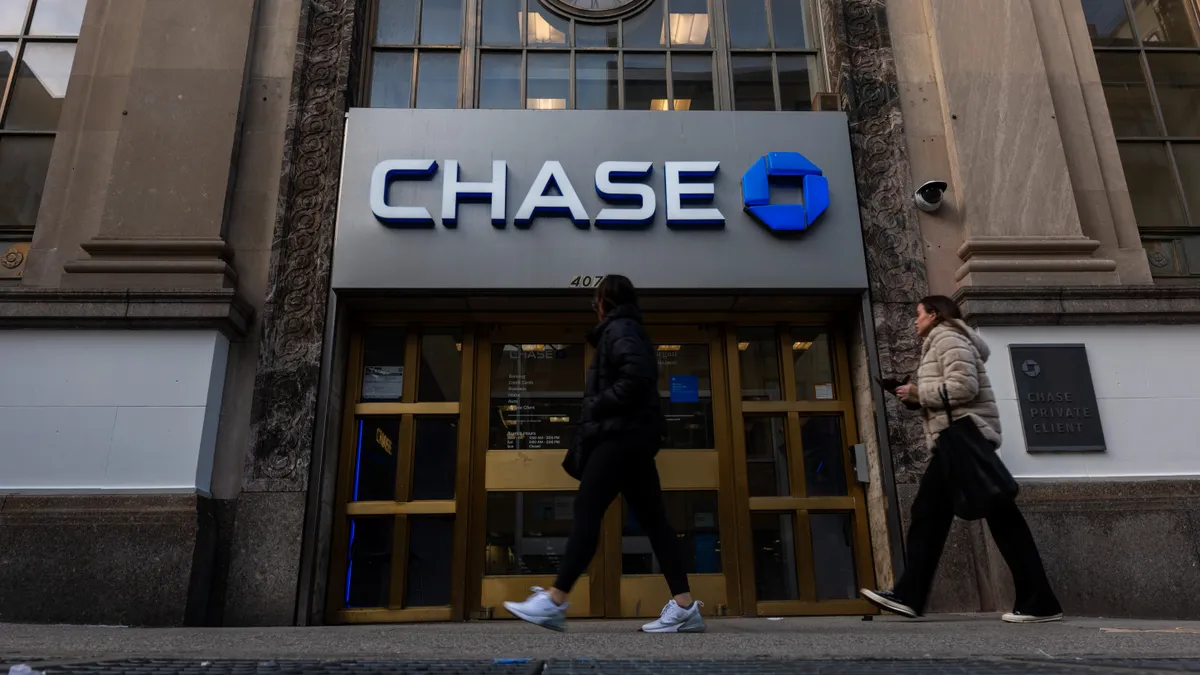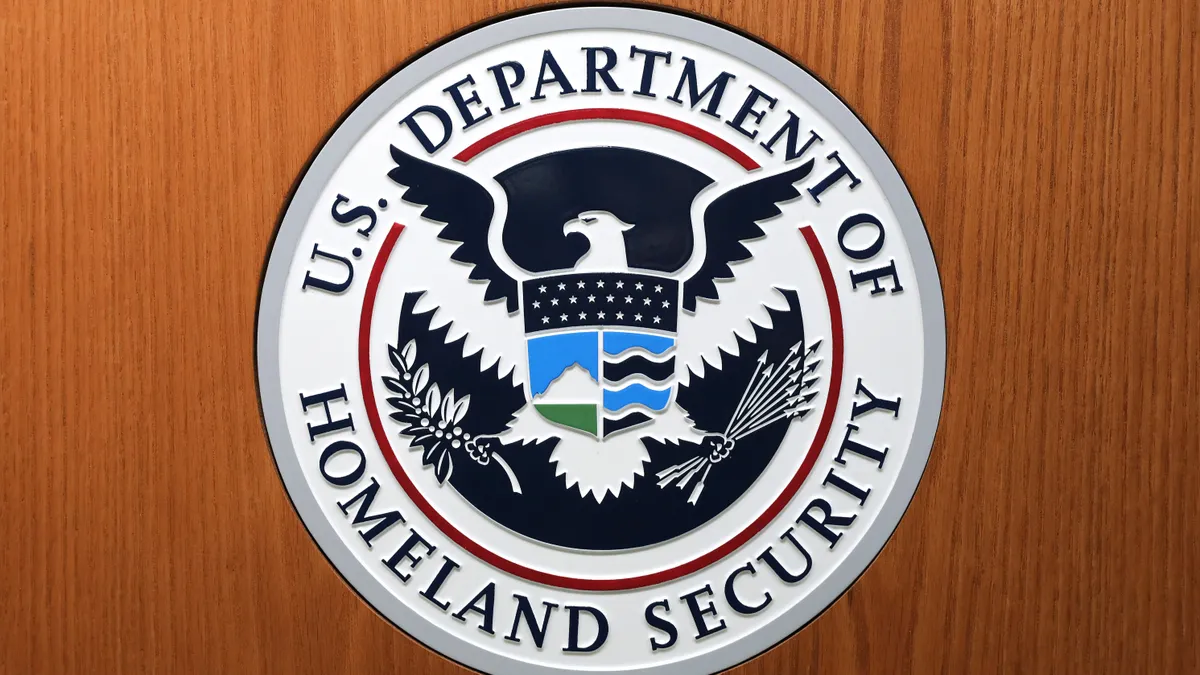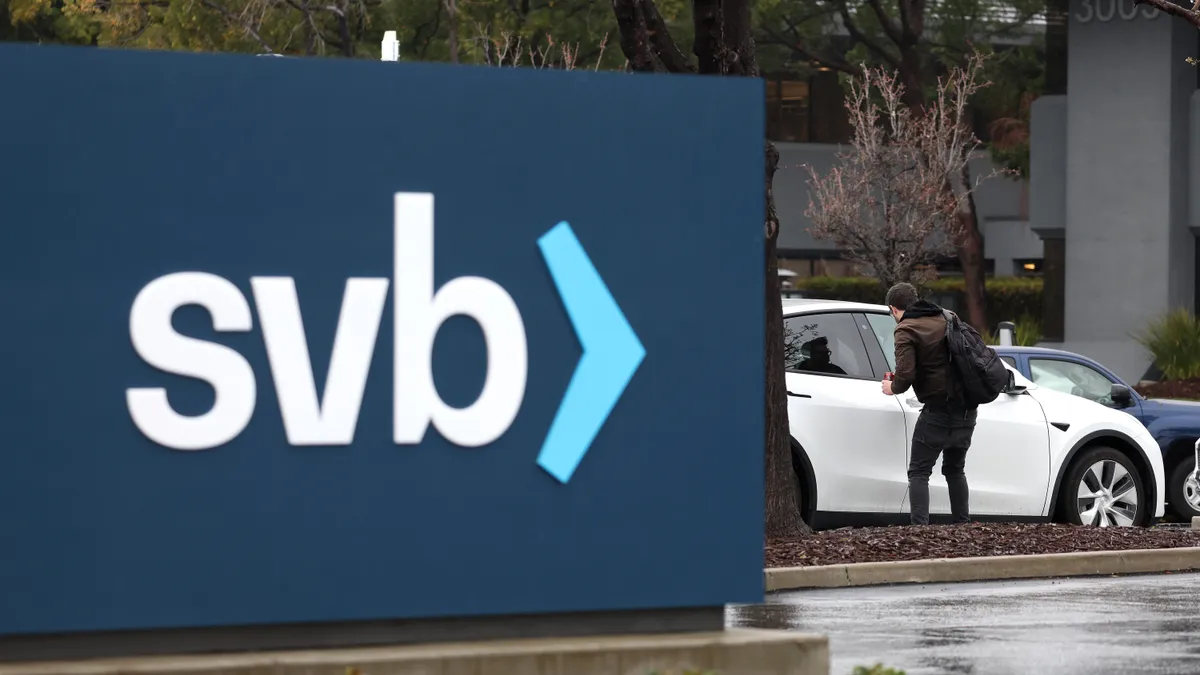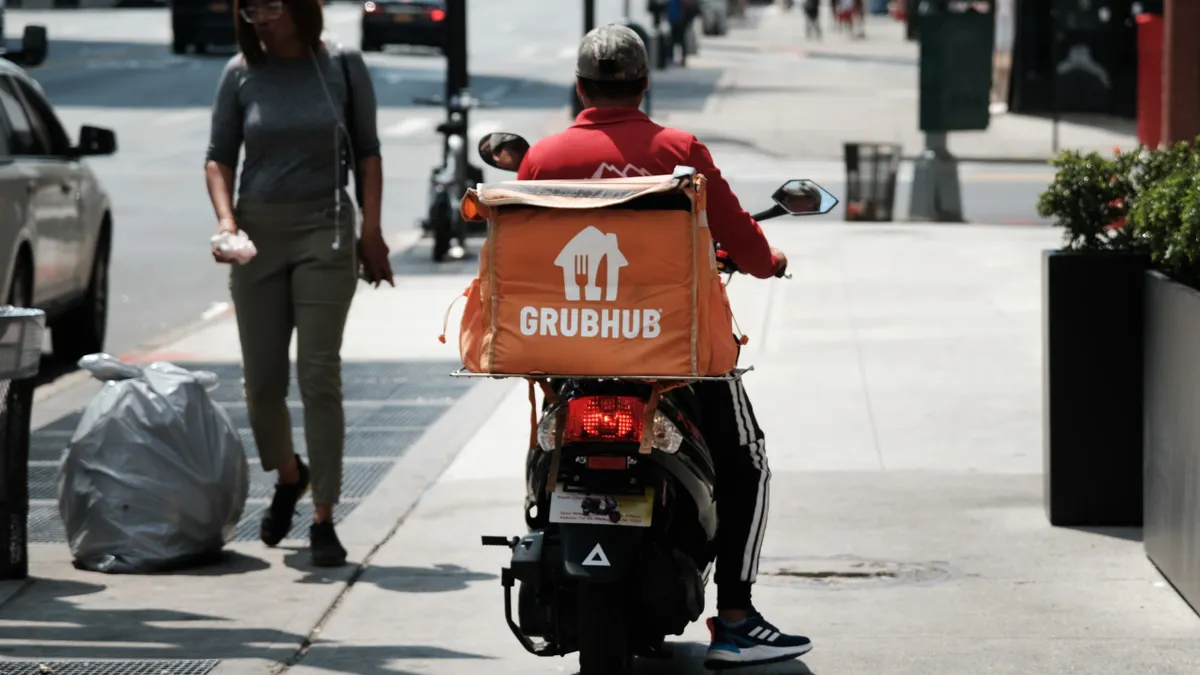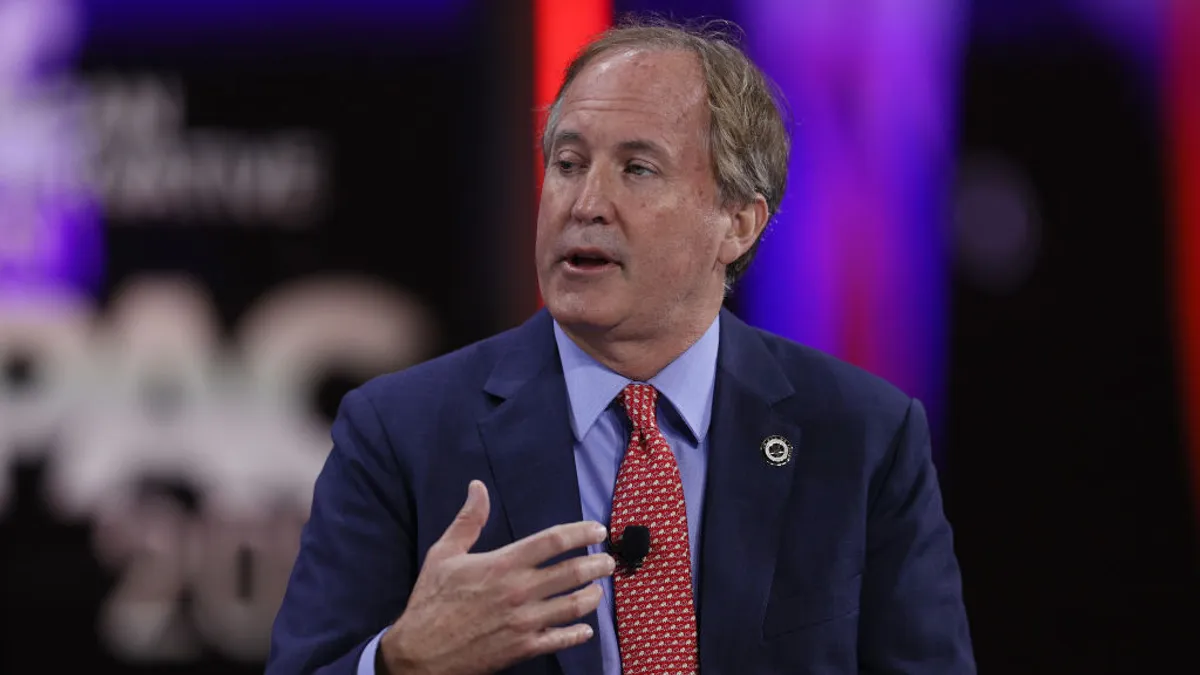The Securities and Exchange Commission’s case against Lordstown Motors for misleading investors in part involved a miscalculation that the electric truck maker could easily source critical vehicle parts from General Motors. This occurred while the COVID-19 pandemic was still raging, and supply chain snarls were plaguing many manufacturers, including motor vehicle producers.
According to the SEC’s settled order, released on Thursday, Lordstown violated federal securities laws by exaggerating the pre-production demand and sales prospects for its flagship Endurance electric pickup truck.
But the order also found that Lordstown, which went public by merging with a special purpose acquisition company (SPAC) in 2020, misrepresented the timeline for delivering the Endurance during a time when it was “in a highly competitive race to deliver the first mass-produced electric pickup truck to the U.S. market.”
The company failed “to account for production delays partially due to its inability to access many critical [vehicle] parts,” the SEC said.
Those parts were supposed to come from General Motors, which sold the company its Lordstown plant in November 2019 and invested $75 million in the EV startup.
Barriers to Sourcing
Under an agreement forged with GM in April 2020, “Lordstown’s management expected to get access to over 200 GM parts,” including airbags, steering columns, and steering wheels, according to the SEC order. The EV maker expected to have these parts in hand by the end of 2020 to produce and deliver the Endurance by the second half of 2021.
But Lordstown severely underestimated the ease and speed with which it could source the GM parts through GM’s partners. By November 2020, GM was already experiencing delays in its own supply chains, and even in “normal” times, the process of getting a part made by a GM supplier was complex and time-consuming, according to the SEC.
For each part, GM’s suppliers needed GM’s authorization to determine whether Lordstown could use the part and had to “conduct a feasibility analysis to determine whether the supplier could produce the quantities of the part requested by Lordstown,” according to the SEC’s order. Then the supplier and Lordstown had to draw up a product agreement to be approved by GM. All of that could take months, the SEC noted.
But from August 2020 to January 2021, Lordstown and its CEO, Steve Burns, maintained to investors and the public — including in a CNBC interview and at an investor conference — that GM had “opened up its parts bin” to Lordstown, “implying that Lordstown was free to buy or take whatever parts it wanted from GM,” the SEC said.
No Visibility
In reality, by October 2020, “Lordstown still had no access to the vast majority of the requested GM parts,” the SEC said, and “no visibility into if or when it might obtain access.” Then in December 2020, GM informed Lordstown that its requests for GM parts “would constrain GM’s own supply chain,” said the SEC. At that time, “GM advised Lordstown to find a backup solution for the vast majority of the requested parts in case GM ultimately rejected Lordstown’s request,” according to the SEC order.
As a result, according to the SEC, Lordstown had to source the parts from other suppliers, increasing Lordstown’s capital expenditure “by at least an additional $150 million, on top of the $120 million estimate at the time of [its SPAC] merger announcement in August 2020.”
In stock registration statements in December 2020, Lordstown highlighted its agreements with GM that ... “would enable Lordstown to develop the Endurance with only a modest incremental investment compared to other companies,” said the SEC.
Without admitting or denying the SEC’s findings and subject to bankruptcy court approval, Lordstown agreed to a cease-and-desist order and disgorgement of $25.5 million, which will be used to settle two class-action lawsuits against the company.
Lordstown Motors filed for bankruptcy in June 2023. According to InsideEVs, by March 2023 the company had made 31 units of the Endurance but it halted production and deliveries due to performance and quality issues with some components. By April 2023, Lordstown had issued three recalls for the handful of trucks it had delivered to customers.



